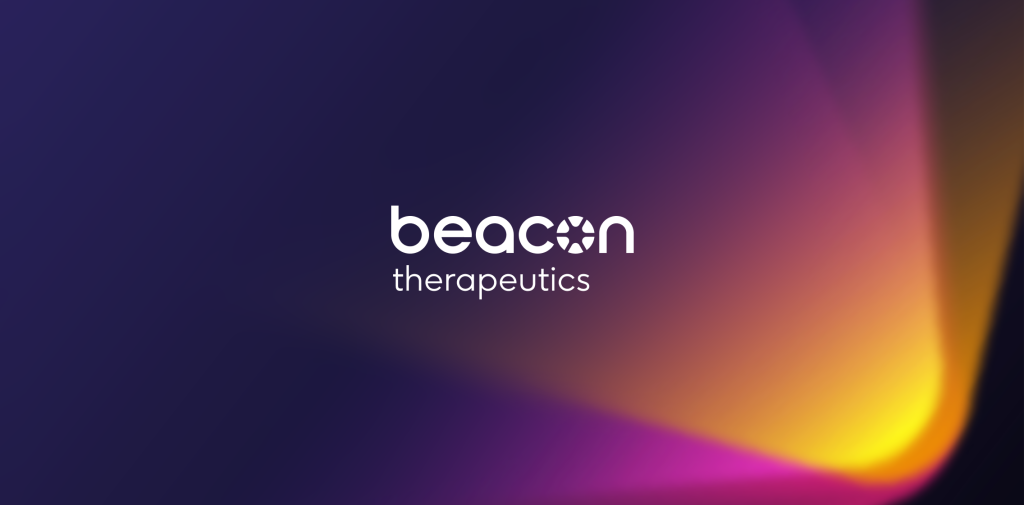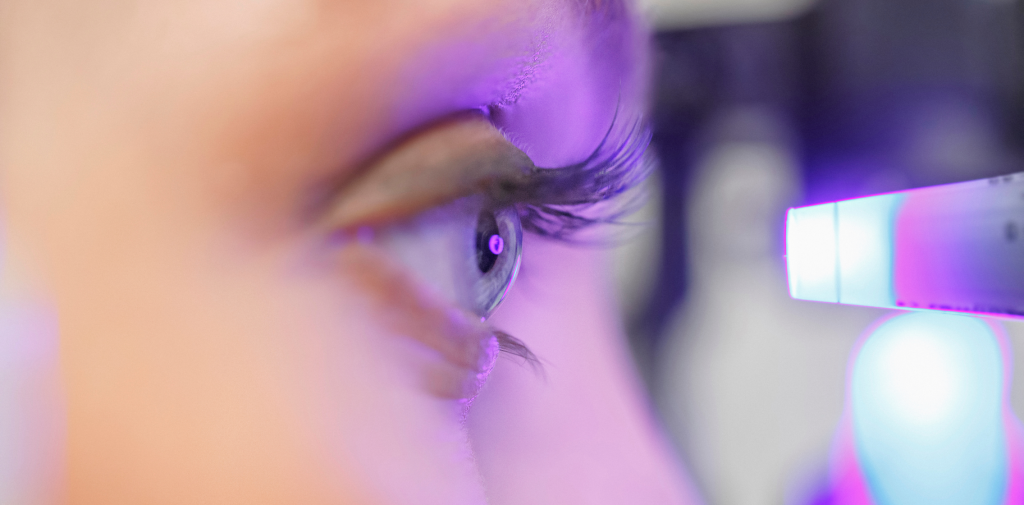Beacon Announces Unmasked Three-Month Data from Phase 2 SKYLINE Trial of laru-zova (AGTC-501) for X- Linked Retinitis Pigmentosa

- Encouraging efficacy profile with significant improvement in retinal sensitivity in higher dose cohort
- Favourable safety profile with no clinically significant safety events related to the therapy
- Further 12-month data from the Phase 2 SKYLINE trial to be presented in H1 2024
- Pivotal Phase 2/3 VISTA trial for laru-zova (AGTC-501) in XLRP expected to initiate in H1 2024
London, UK, Cambridge, MA, 4 December 2023 – Beacon Therapeutics Holdings Limited (‘Beacon Therapeutics’ or ‘the Company’), a leading ophthalmic gene therapy company with a purpose to save and restore the vision of patients with blinding retinal diseases, announces that it presented unmasked three-month data from its randomized, controlled, multicenter Phase 2 SKYLINE trial of laru-zova (AGTC-501) in patients with X-linked retinitis pigmentosa (XLRP) at the FLORetina ICOOR 2023 Congress in Rome, held between 30 November – 3 December, 2023.
XLRP is an Orphan Disease affecting approximately 17,000 patients in the US and EU5. It is predominantly caused by mutations in the retinitis pigmentosa GTPase regulator (RPGR) gene. Unlike other approaches in the space, laru-zova (AGTC-501) expresses the full length RPGR protein, thereby addressing the entirety of photoreceptor damage caused by XLRP, including both rod and cone loss.
The data demonstrated robust improvements in retinal sensitivity, the trial’s primary efficacy endpoint. Responses were seen in 6 out of 8 patients from the high dose cohort (75% response rate), and in 1 out of 6 patients in the low dose cohort (16.7% response rate), three months post-dosing. The Company considers a responder to be a patient who has an improvement in retinal sensitivity as assessed by microperimetry of at least 7 decibels (dB) in at least 5 loci. It is also notable that in the high dose cohort the mean retinal sensitivity of the entire macula increased, with change from baseline being a secondary endpoint in the trial.
laru-zova (AGTC-501) was also found to be generally well-tolerated in this trial with no serious adverse events (SAEs) attributed to the study agent. The majority of non-serious adverse events (AEs) were mild to moderate in severity, with no difference found between the two dose levels.
Beacon expects to initiate the pivotal Phase 2/3 VISTA trial of laru-zova (AGTC-501) in H1 2024, as well as present 12-month data from the SKYLINE trial, with the 24-month interim analysis from the Phase 1/2 HORIZON trial already supporting the durability profile of the therapy.
Presentation – Subretinal Gene Therapy Drug laru-zova (AGTC-501) for X-Linked Retinitis Pigmentosa Phase 2 Randomized, Controlled, Multicenter Clinical Trial (Skyline) 3-Month Results
Presenter – Andreas K. Lauer, MD, Thiele-Petti Endowed Chair and Professor Casey Eye Institute – Oregon Health & Science University Portland, Oregon, United States
The presentation took place on Saturday, 2 December 2023.
Dr. Nadia Waheed, Chief Medical Officer of Beacon Therapeutics, commented:
“We are pleased to present further data from laru-zova (AGTC-501), a therapy for patients suffering from XLRP, a blinding condition for which there is currently no approved treatment. This data underlines the strong efficacy and safety profile of the therapy. We look forward to presenting further 12-month data from the trial early next year, as well as commencing the Phase 2/3 VISTA trial, bringing us closer to our ambition to change the lives of patients with a devastating blinding condition.”
Contacts:
Beacon Therapeutics: David Fellows, CEO
Email: [email protected]
About Beacon Therapeutics
Beacon Therapeutics is an ophthalmic gene therapy company founded in 2023 to save and restore the vision of patients with a range of prevalent and rare retinal diseases that result in blindness.
The Company has an established scientific foundation that combines a late-stage development candidate to treat X-linked retinitis pigmentosa (XLRP), as well as two preclinical programs, one targeting dry age-related macular degeneration (AMD) and another in-licensed from the University of Oxford targeting cone-rod dystrophy (CRD), an inherited retinal disease.
Lead development candidate laru-zova (AGTC-501), is a gene therapy program in Phase 2 clinical trials for the treatment of XLRP, an inherited monogenic recessive disorder that causes progressive vision loss in boys and young men. XLRP is predominantly caused by mutations in the retinitis pigmentosa GTPase regulator (RPGR) gene. laru-zova (AGTC-501) expresses the full length RPGR protein, thereby addressing the full complement of photoreceptor damage caused by XLRP, including both rod and cone loss.
Beacon Therapeutics also has access to a target generation technology platform that will identify, screen, and search secreted proteins in the ophthalmology space.
The Company is supported by funds from Syncona and additional investors including Oxford Science Enterprises.





